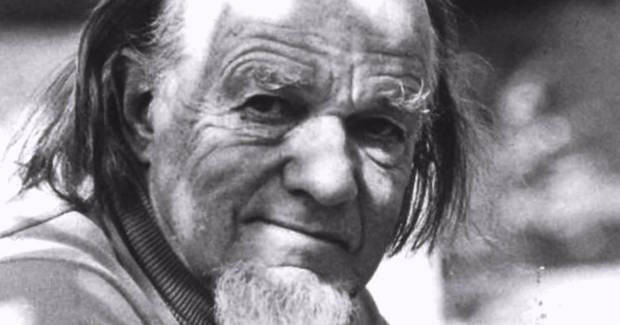Grinding Machine
I’ve had some time to read today and find that I can’t really ingest any more of The Pleasures of Reading in an Age of Distraction without pausing to reflect. This excerpt in particular, quoted from Charles Darwin, captures my attention:
Up to the age of thirty, or beyond it, poetry of many kinds… gave me great pleasure, and even as a schoolboy I took intense delight in Shakespeare, especially in the historical plays… But now for many years I cannot endure to read a line of poetry: I have tried lately to read Shakespeare, and found it so intolerably dull that it nauseated me. I have also almost lost my taste for pictures or music…
My mind seems to have become a kind of machine for grinding general laws out of large collections of facts, but why this should have caused the atrophy of that part of the brain alone, on which the higher tastes depend, I cannot conceive. A man with a mind more highly organized or better constituted than mine, would not, I suppose, have thus suffered; and if I had to live my life again, I would have made a rule to read some poetry and listen to some music at least once every week; for perhaps the parts of my brain now atrophied would thus have been kept active through use. The loss of these tastes is a loss of happiness, and may possibly be injurious to the intellect, and more probably to the moral character, by enfeebling the emotional part of our nature.
I can’t help but think of the common core initiative with its heavy bias toward nonfiction. What kind of people will such a view of “education” turn out? I find this passage sobering because it reminds me that our minds are formed by what they dwell upon. Nicholas Carr wrote of the plasticity of the brain, and this means that changes to the quality of our thought lives can be undone or refined. But Darwin here suggests what I suppose I already know: there can be a point of no return.
How much better and wiser it would be to offer our children the widest possible range of literature and art, as well as science and mathematics, so that they can have a greater choice in who they will become.



3 Comments
Barbara H.
That would be sad to not enjoy the Arts any more because of disuse. I hadn’t thought about that part of the brain being able to atrophy. Someone has a quote about reading a little, listening to a little music, etc. every day — I guess that’s what he was getting at. I agree it’s so important for children especially, to enjoy a wide range of subjects.
Pingback:
Pingback: